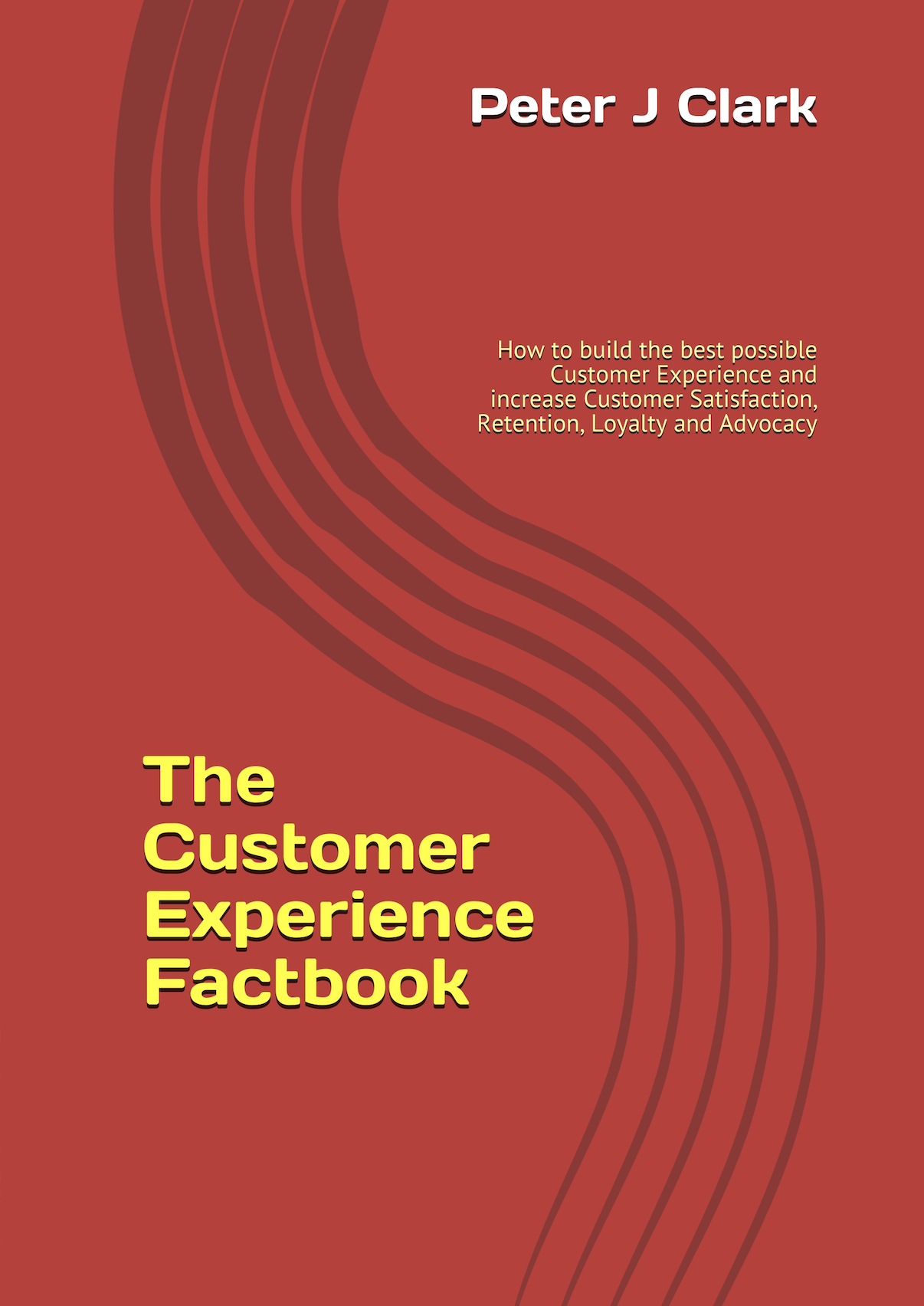Social media's brand marketing value revealed
Facebook, Twitter and YouTube have now become the corner-stones of most marketers' social media strategy, according to research from management consulting firm Booz and social enterprise software provider Buddy Media.
The study, entitled 'Campaigns to capabilities: Social media and marketing 2011', revealed a number of insights into how leading companies are now transforming their marketing capabilities as social media plays an increasingly important role in advertising and branding efforts.
While there has been considerable research into the tactics that brands are pursuing in social media, this study focused instead on the capability priorities, key areas for investment, the evolving role of partners, and major issues related to organisation, talent and metrics that companies are facing with regard to social media marketing.
Several key themes emerged from the study, including:
- Facebook, Twitter, and YouTube are behind most social media strategies
Some 94% of respondents regard Facebook as one of their top 3 social media platform priorities, while 77% view Twitter as one of their top 3 social media platform priorities, and 42% say YouTube is one of their top 3 social media platform priorities. - Leadership of social media is concentrated in the marketing function
Most respondents (81%) said that the marketing department is responsible for social media, while 35% of companies have a dedicated head of social media, and 50% of respondents said they believe that this role is critical to social media success. And, while social media is clearly on the functional agenda of senior marketers, 38% say that social media is a CEO-level priority for their company. - Advertising, PR and customer service benefit most from social media
Almost all respondents (96%) said they are using social media for "advertising and promotions" while 88% said they use it for PR and 75% said customer service. When asked where they see the most benefit from social media, 90% said "brand building", 89% said "interactivity", 88% said "buzz building" and 81% said "onsumer insights". - Companies are exploring the value of social media outside marketing
This is still early in development, outside of marketing, PR and customer service, with 56% saying they are using social media to support market research, 40% for product development efforts and 24% for internally-focused communication with employees. While today the biggest benefits are associated with marketing, 48% said they are using social media for sales and commerce, and 38% have metrics in place to track this kind of transaction value (e.g. sales and leads generated). - Brand reach & engagement are key focus areas for metrics
Most marketers (88%) said they are tracking the reach of their social media efforts and they are also closely monitoring engagement and participation levels. Some 81% are aiming to measure social media's impact on advocacy, while 90% believe that social metrics need to be tailored and adapted to campaign specific needs. Almost all (97%) said they have, or are building, their own in-house dashboards to monitor performance. - Content development, community management and data/analytics are key
Content development, community management and data/analytics are priorities for development and investment, with 96% saying they expect to be increasing their investments in capabilities related to social media, and 57% concentrating their efforts on hiring new people. But what kinds of 'people investments' are they making? Well, 72% said they are planning to invest in creative and editorial talent, 59% are targeting community management, and 43% plan to upgrade their analytical resources. - Marketers expect to increase their spending on social media
Social media will in turn will become a larger share of marketers' digital spending. Some 89% of respondents said that social media currently accounts for less than 10% of their overall digital marketing spend. In 2014, only 45% of respondents expect social media to account for less than 10% of their digital budget, with 28% believing that social media marketing will grow to 20% or more of their digital budgets, and 79% saying that funding for social media will come out of their digital budgets rather than other media budgets (such as TV, print, or radio).
"As social media grows in importance, leading companies are recognizing they need to shift their focus from campaigns to capabilities, and in doing so they are actively transforming their model for marketing from one of 'brand management' to 'brand curation'," explained Christopher Vollmer, leader of Booz & Company's media and entertainment practice. "This new model is more dynamic and real-time, but also more iterative as well as content- and people-intensive. Specifically, it requires marketers to develop deeper capabilities in content development to connect with target consumers, in community management to manage, grow and activate audiences, and in data-driven insights to analyse consumer behaviour and measure impact."
"Every day we see the power of social media to power connections between brands and consumers," concluded Michael Lazerow, founder and CEO for Buddy Media. "For brand marketers, choosing not to connect is simply no longer an option. We are at an inflection point where marketers will invest more in social as their marketing capabilities become stronger, pervasive and more tailored to the needs of social."
Sources: Booz & Company; Buddy Media / The Marketing Factbook.
Copyright © 2011 - 2025 The Marketing Factbook.
Categorised as:
- Customer Experience
- Knowing The Customer
- Marketing Know-How
- Marketing Technology
